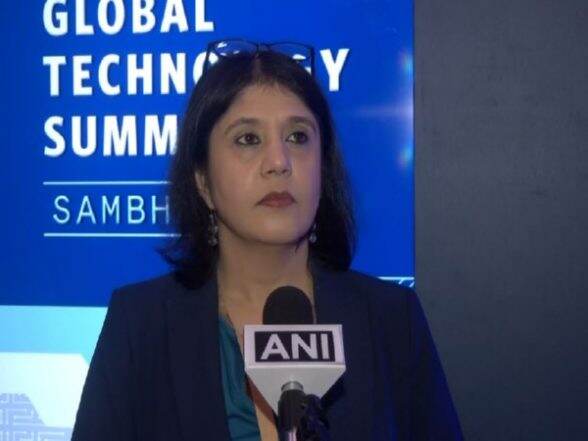has healthcare experts worried that patients could soon feel the effects in hospitals, pharmacies, and even during routine doctor visits, as per a report.While, Trump had proposed a 25% tariff on imported drugs earlier this year because it would put pressure on drugmakers to relocate back to the United States, he left it out of Trump’s “Liberation Day” announcement in April, as per HuffPost. However, during the National Republican Congressional Committee dinner, the US president said, “We’re going to be announcing very shortly a major tariff on pharmaceuticals,” quoted HuffPost.
Last month, the Department of Commerce also revealed an investigation into the national security implications of pharmaceutical imports, which might lead to justifying tariffs on pharmaceutical drugs as a solution, according to the report.
However, experts are concerned that tariffs could have the opposite effect of what Trump wants and instead trigger severe shortages, particularly of inexpensive,
generic medications frequently produced abroad, as per HuffPost.
This fear has driven many US pharmacists to already stockpile the most common drugs for that possibility, as it not known when the national security investigation will end, and if and how tariffs on pharmaceuticals will be implemented, reported HuffPost.
ALSO READ:
OnlyFans too X-rated for buyers? Billionaire owner Leonid Radvinsky struggles to sell adult content platformErin Fox, a
drug shortages expert at University of Utah Health, cautioned that if tariffs are imposed, hospitals will experience shortages of low-margin and common drugs such as epidural ingredients, as per the report.
She pointed out, “Maybe everybody doesn’t get an epidural. We may be going back in time there," quoted HuffPost.
A senior fellow on health policy at the Brookings Institution, Marta E. Wosińska, highlighted that the Trump administration could use the national security implications of pharmaceutical imports to justify the tariffs on pharmaceutical drugs, saying, “The reason why it’s particularly relevant is that the [Trump] administration has used it to also do steel tariffs,” as quoted in the report.These are the kinds of drugs that specialists think would be hit hardest if the tariffs are implemented:The majority of over-the-counter pain medications such as ibuprofen are made in China, as per HuffPost. While shortages won't be swift, but later this year, around Halloween or Christmas, patients might begin to notice fewer products on shelves, according to the report.
Fox mentioned that, “The first thing that would happen is you would just have way fewer choices,” adding that "right now, if you go to a drugstore, you can buy ibuprofen in multiple forms, as a liquid or as a tablet from different store brands. I think it’s very realistic that that would shrink,” as quoted in the report.
Medical facilities depend daily on foundational injectable medicines such as lidocaine and morphine, but because they're cheap and have low profit margins, producers may simply discontinue making if tariffs are imposed, as per HuffPost.
Wosińska explained that, "Generic drugs have low profit margins and unless they can increase the price, the drug is going to be completely unprofitable, and they’ll want to get out of the U.S. market,” as quoted in the report.
Fox and Wosińska are most worried about cancer medications, as these life-saving drugs, many of which are manufactured abroad, would be severely disrupted, according to the report.
Wosińska said, “Cancer drugs, I would say, are the ones that I worry about the most” of getting impacted by major pharmaceutical tariffs, as she pointed out that they could lead to hospital shortages, reported HuffPost. Giving a scenario, she said, “You get admitted to a hospital, go for your cancer treatment, and the doctor tells you, Sorry, we don’t have that," as quoted in the report.
President Trump has proposed a 25% tariff on imported drugs, hoping it will push pharmaceutical companies to bring manufacturing back to the United States, as per HuffPost.
Not yet. While Trump has announced plans, the Department of Commerce is still investigating the national security impact of importing pharmaceuticals.










